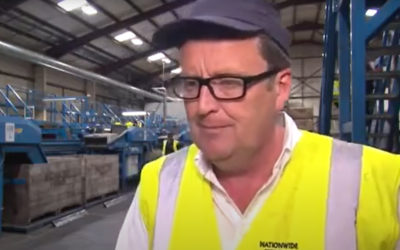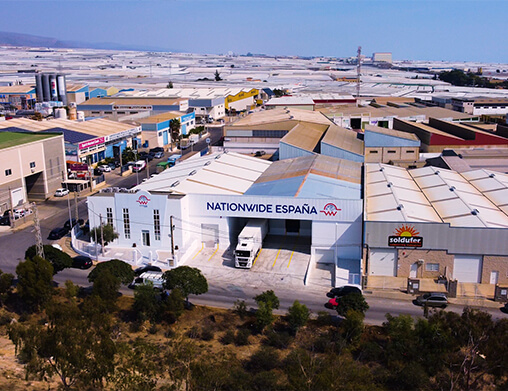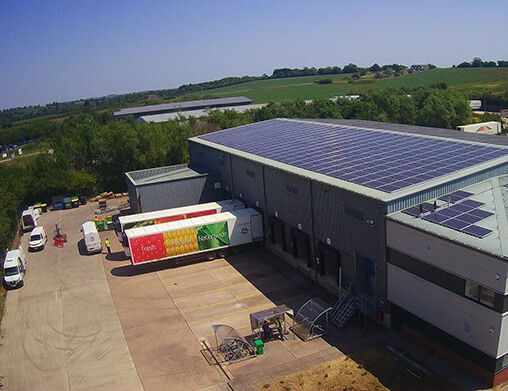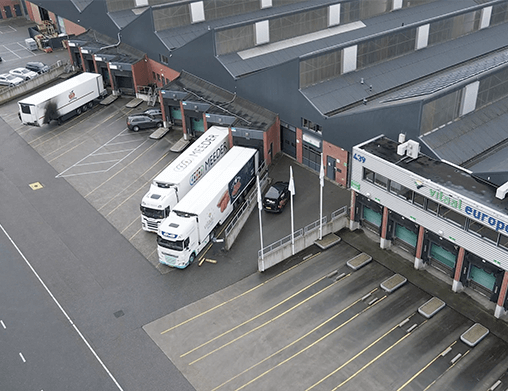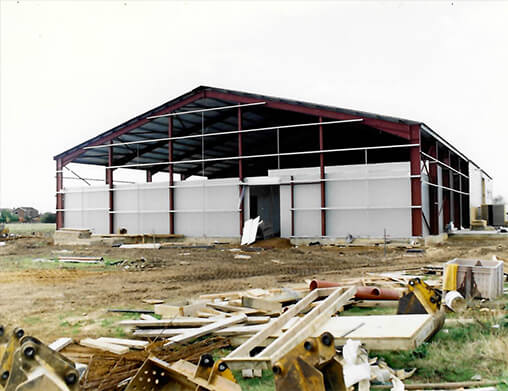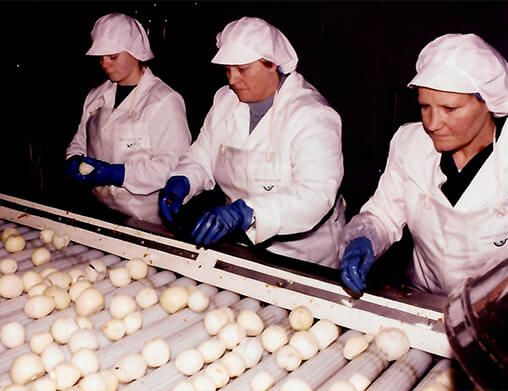Mother nature wipes the floor with inflation
I’m just back from Berlin. You may have thought talk of the show would have been all about inflation. Nope. It was all about the weather. The chronic shortage of fresh produce and the exceptionally high spot prices. With regards to the latter, there’s no greater barometer of supply and demand for produce than the spot price. And I can honestly say that in the 40 years I’ve been in this trade, I’ve never seen such high spot prices across such a broad range of products for such a prolonged period of time. As I type this article on 14/2, here are a few examples:
| Product | Current Spot Price per box delivered | Approx Normal Spot Price at this time of year |
|---|---|---|
| Yellow peppers | £22 | £8-£9 |
| Red peppers | £21 | £8-£9 |
| Green peppers | £13 | £7-£8 |
| Round Toms | £14 | £6-£8 |
| Cherry Toms | £17 | £5-£6 |
| Aubs | £18 | £6-£8 |
| Courgette | £12 | £5-£7 |
| Cues | £16 | £5-£7 |
| Iceberg | £19 | £6-£8 |
| Cos | £15 | £7-£8 |
| Gem | £18 | £10-£12 |
| Broccoli | £20 | £8-£10 |
| Caulie | £14 (was £24 last week) | £6-£8 |
| Red cabbage x25kg net | £15 | £7-£9 |
| Dutch Onions x4kg net | £700/tonne | £250-£280/t |

So, what’s the reason for this?
It’s the perfect storm of terrible growing weather and, of course, inflation. It started with the heat wave/drought this summer throughout Europe. Then we had a very mild Autumn and then we were plunged into a deep freeze. Just 3 weeks ago Ibiza was covered in snow. Temperatures dropped to -15C in Catalonia while at the same time, the overnight low here was -8C in Oxfordshire. Spain recording temps nearly twice as cold as the UK in the depths of winter – mad as a box of frogs!
Spain is our main source of fresh produce in winter by far. They’ve pretty much gone straight from a red-hot summer to a freezing cold winter with no autumn in between. All crops will suffer, even protected crops, when you experience such a sharp drop in temperature. All this has led to a major reduction in yields, reduction in size, quality issues, viruses, thrips, botrytis etc.
Our technical team in Almeria have done a sterling job compiling a detailed report on this for their customers. We’ve put it on our shiny, new website and made it downloadable so you can pass it on to your customers if you like.
And, of course, it’s not just Spain suffering from the adverse weather. It’s pretty much throughout Europe. Even Morocco, another major source of produce for us in winter, has struggled to cope with recent prolonged periods of sub-zero temperatures.
Meanwhile, back in Blighty, we have a proper storm brewing on a range of vegetable crops. After the warmest summer on record, we suffered a cold snap in December that saw temperatures countrywide dip as low as -8C for a prolonged period. This caused frost damage to various crops such as carrots, parsnips, cabbage and over-wintered cauliflower resulting in many fields being written off. We are about to see serious shortages and price hikes on these lines in the coming weeks and months.
As you can see from the prices above, the spot job is running at double and treble, 100-200%, above the norm. Depending on the crop, inflation would account for around 20-40% of that. The biggest issue we now have as an industry is not inflation, it’s Mother Nature. She’s wiping the floor with inflation.
So, what does this mean?
For the retailers, empty shelves. We’re already seeing it. The pics below were taken by one of our Evesham guys just yesterday at two of the main supermarkets in the town. The retailers are locked in a price war and reluctant to move on price so I’m afraid they will continue to suffer from major shortages. We’re seeing empty shelves now and I can only see it getting worse over the next few weeks and months.
With regards to food-service and wholesale, poor availability will continue although hopefully, we’ll start to see a reduction in the exceptionally high prices we are experiencing now. That said, I very much doubt spot prices will drop back to normal levels for the rest of this season – I expect prices to remain relatively high. It’s yet another increased cost burden that the hospitality industry needs like a hole in the head.
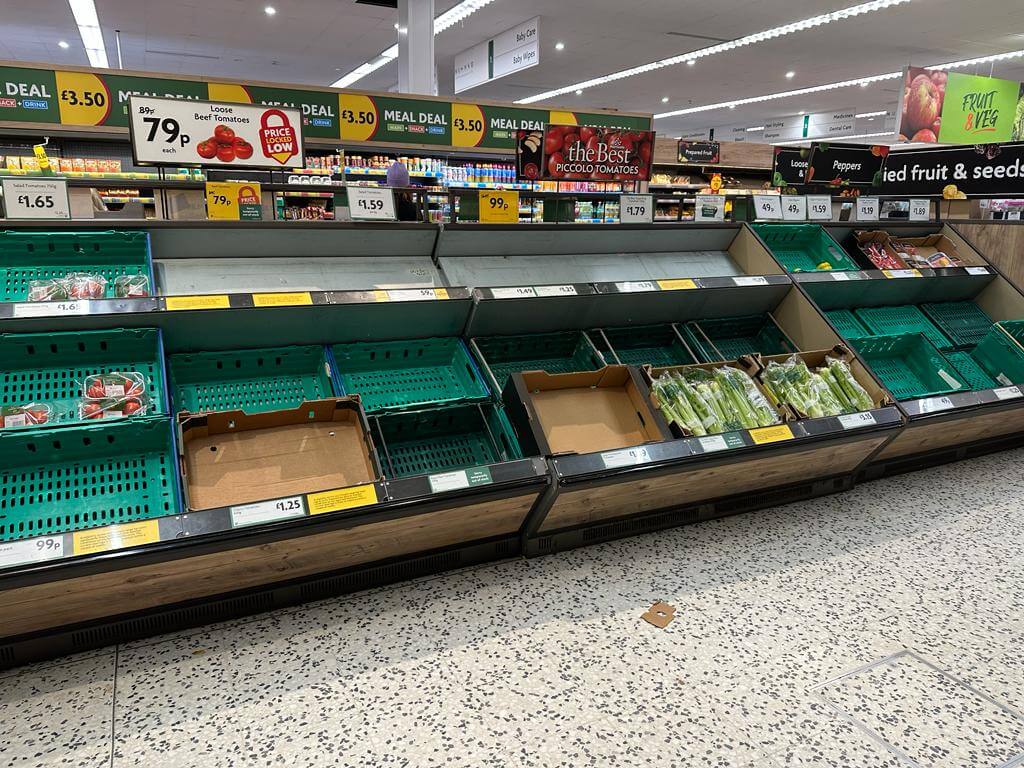
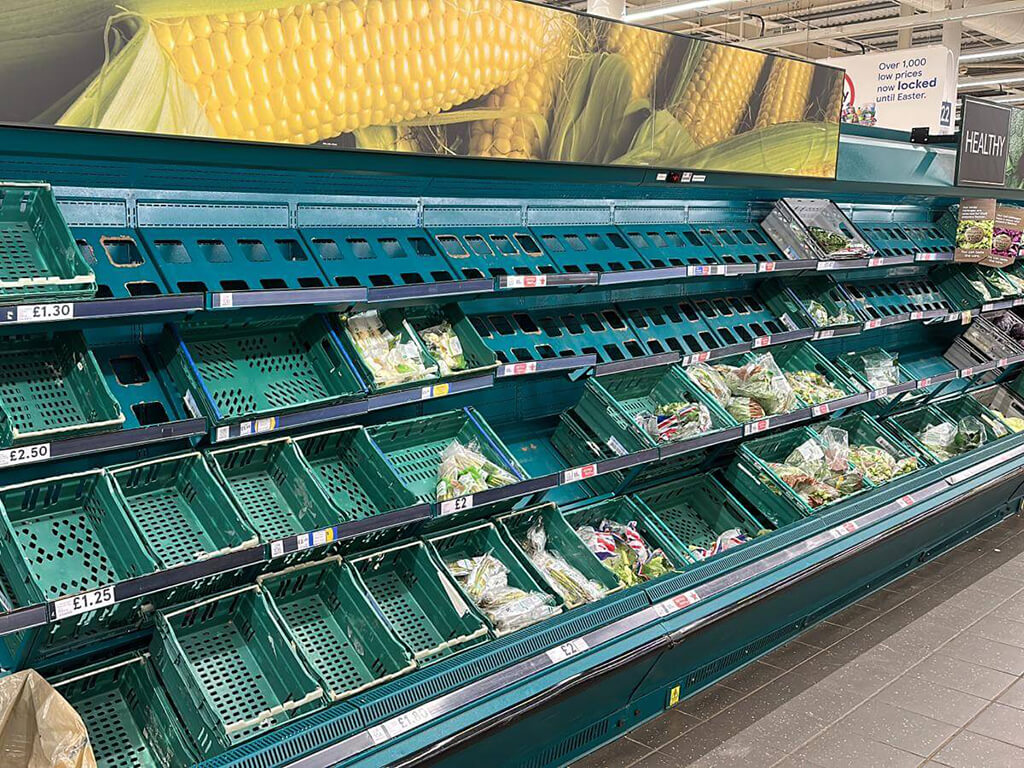
The overriding issue here is that the demand for cheap food is driving down production which simply means less home-grown and more imports. Growers are being asked to carry the risk of battling against Mother Nature in return for a low-price contract that customers see as the norm. With ever-increasing extreme weather patterns, the risk-to-reward ratio for growers is becoming unbearable. The era of cheap fresh produce needs to come to an end.
Regards,




